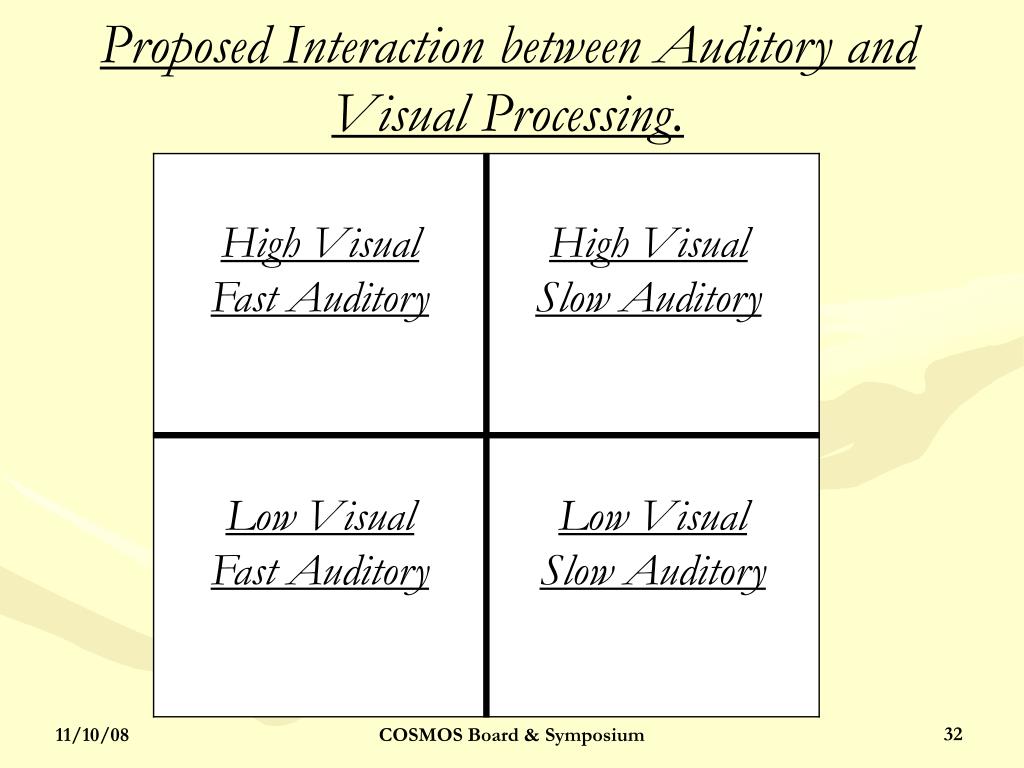
They need quiet, solitary environments where they can think and work. This thinking style often reads avidly, gathering information and logically presented ideas and spending time analyzing what they learn. They do not really enjoy open-ended problems and can have difficulty with perfectionism. They tend to not enjoy writing creatively, taking risks, or facing unpredictability. They do, however, enjoy debating ideas and controversial issues with others, in part because they strive for intellectual recognition. They often struggle with expressing emotions, including socially accepted emotivity when working cooperatively in groups. They prefer logical explanations and love praise best when it conveys a respect for their intellectual abilities. They tend to prefer to work alone and place a high emphasis on contextualizing their thoughts from wide-randing research. This is because this type is characterized by their impulse to make sense of structures for themselves. Although they are happy following traditional procedures, they prefer to be self-directed rather than be given directions. They prefer to learn from lectures and reading. These individuals love the world of theory and abstract thought. And, because they see the world as a structured place where things can be correct or incorrect, they have a great fear of being wrong. They're natural editors who can take anything and make it better. In an ideal world, they have legitimate directions to follow. They're natural organizers who prefer to do things step by step. This thinking type is always "busy", looking for constructive things to do, and can’t sit still for long. They don't like innterpreting abstract ideas, and have a hard time seeing the forest for the trees. They don't do well when asked to deal with opposing views or figuring out non-standardized or new approaches. They struggle with making choices without guidance or clarity on underlying structures already in place, so they have a hard time with open ended assignments and "what if" questions. They prefer to be given approval for specific work that they've done. They need opportunities to apply their ideas in a practical, hands-on way. They're trying to learn the accepted way of doing something. These thinkers prefer order and quiet, exact directions and guided practice, and structured situations. They process information in an ordered, sequential, linear way. If you have a technical problem, you may be most comfortable going to the "help" menu to find an answer.Individuals of this style tend to be based in reality.


Reading about a subject rather than doing hands-on projects or discussing feelings.Maintaining high standards, which may lead them to being critical of their work.Debating and using logical deductions and rational arguments.Taking notes, outlining, doing research, and writing reports.Abstract Sequential learners often prefer: With a Sequential organizational style, you approach learning as a step-by-step process and remember information in a logical manner, like storing it in a filing cabinet. If you have an Abstract perceptual style, you remember words, symbols, and concepts much more readily than actual physical objects for example, the spelling, characteristics, and functions of the word "apple" may more readily come to mind than the experience of eating an actual apple.


 0 kommentar(er)
0 kommentar(er)
